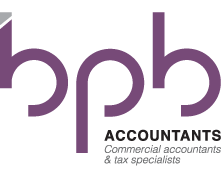15 Jan Revenue publishes guidance for employers who want to pay employees’ TWSS liabilities
| Revenue publishes guidance for employers who want to pay employees’ TWSS liabilities
Revenue confirmed last year that they will facilitate employers who want to pay the 2020 income tax and USC liabilities of employees which arose due to the TWSS, without the application of Benefit-in-Kind (BIK).
The employer must engage directly with their employees on the matter and agree the mechanism to pay the liability involved. Employees’ Preliminary End of Year Statement, detailed above, should assist in determining the amount of underpaid income tax and USC due to TWSS.
To pay the liability, the employer can:
or
For both options above, each employee must complete their 2020 Income Tax Return.
This facility, enabling an employer to make payments of behalf of employees, will only apply up to the end of June 2021. Revenue also notes the importance of employers retaining documentation of their arrangements and agreement with employees.
Employers paying amounts to settle these employee liabilities will not receive a deduction for these payments under Section 81(2)(a) TCA 1997. These payments would not be regarded as wholly and exclusively incurred for the purposes of the employer’s trade or profession. Furthermore, Section 81(2)(p) specifically denies a deduction in respect of any taxes on income.
Read Revenue’s webpage with information for employers
|

